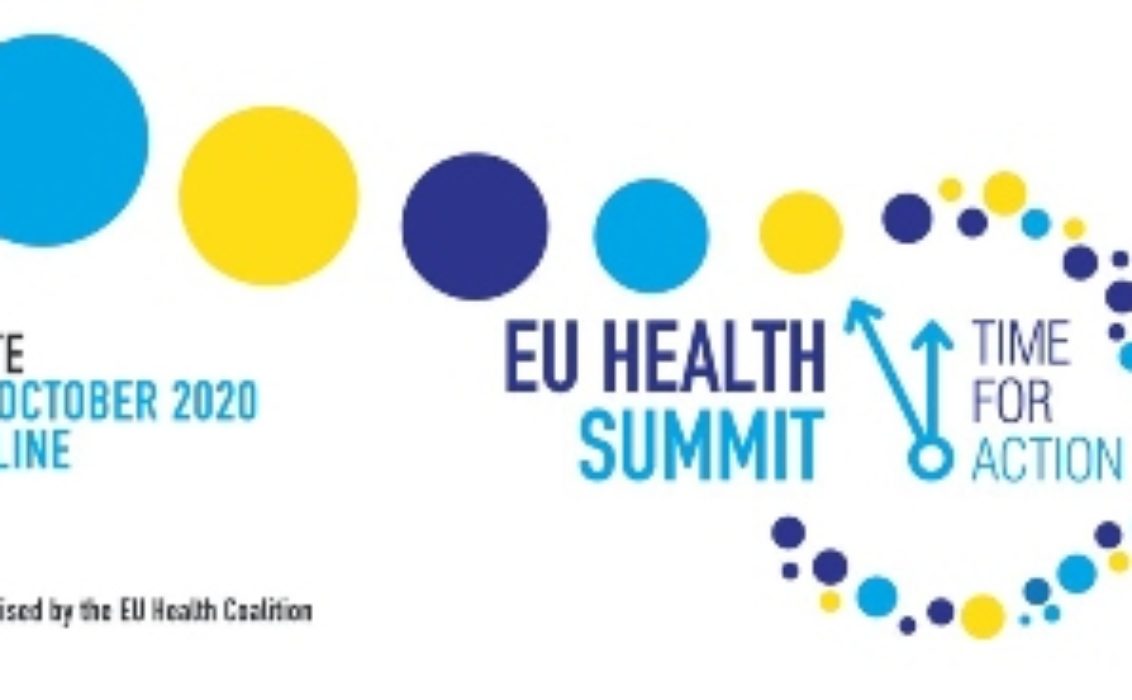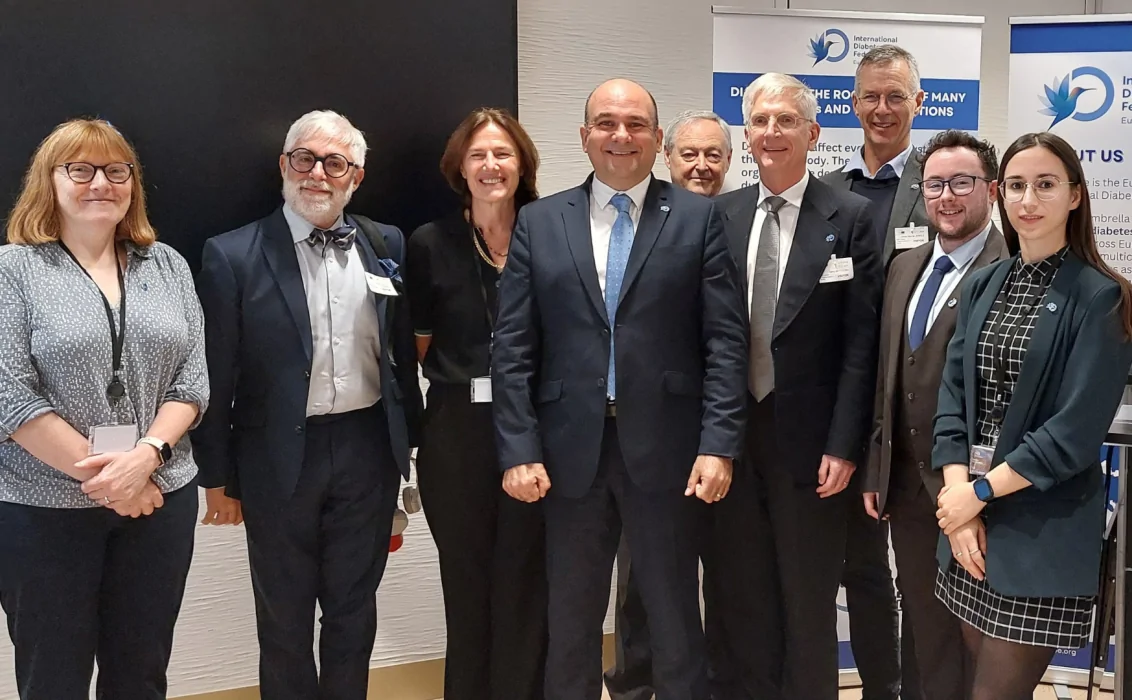The EU Health Summit took place virtually on October 26th with the title “Time for Action”: ‘Lessons learnt from the COVID-19 pandemic’. The event was organised by the EU Health Coalition, a group of 33 stakeholders, including IDF Europe, who are committed to ensuring the best possible health outcomes for the citizens of Europe.
In 2020, health has risen to the top of the political agenda. To harness this momentum, the EU Health Coalition developed a set of 10 revised policy recommendations from the 20 that were initially developed in 2018. The EU Health Summit discussed how to put these recommendations into practice.
The event, moderated by Cathy Smith, began with introductions from the two co-chairs of the organisation, Nathalie Moll, Director General of EFPIA, and Mary Lynne Van Poelgeest-Pomfret, President of the World Federation of Incontinence Patients. This was followed by a video message by the German Health Minister, Jens Spahn. EU Commissioner for Health and Food Safety, Stella Kryiakides, then delivered a keynote speech that highlighted the need to develop a stronger European health union by focusing on primary care, telemedicine, universal health coverage and developing an EU-wide health data space. Each of these speeches represented a promising commitment to transforming healthcare in Europe to make it more person-centred and outcomes-based.
The event was then split into four breakout sessions concentrating on different areas of health: digital health, healthcare systems, policies for health, and research and innovation. For IDF Europe, the main takeaway was that people living with diabetes must be kept at the centre of all diabetes/health-related decision making. We would like to see advisory committees of people living with diabetes in all research projects to ensure that the people whose lives will be affected by such projects are being listened to. We also welcome the suggestion that healthcare systems must focus more on risk reduction approaches and health promotion to tackle the non-communicable disease epidemic.
Much of the event was dedicated to digital health. A pan-European health data space would allow national healthcare systems to respond quicker and better to cross-border threats such as COVID-19, while also allowing for better monitoring of conditions such as diabetes for better health outcomes.
After the breakout sessions, an interview with EU Commissioner, Mariya Gabriel ensued. Andrea Ammon, Director of the ECDC, followed with a speech focused on health data. A panel, consisting of MEP Dolors Montserrat, Despina Spanou, Head of Cabinet of Commission Vice President Margaritis Schinas, Nicola Bedlington, special advisor to the European Patients Forum, and Rui Santos Ivo, President of INFARMED, then explored how to build a stronger European health union.
Many of the speakers highlighted the fact that coordination and collaboration among European countries is the key to success in terms of health data, innovation, restructuring health systems, and protecting Europe against future cross-border threats.
 |
 |
|||



